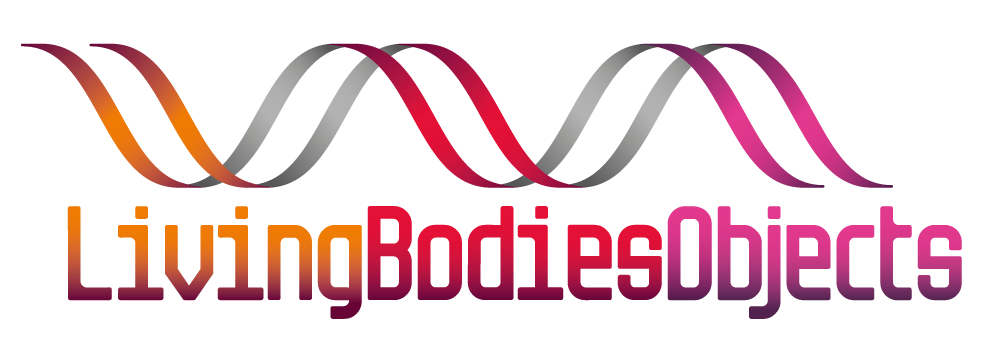Our approach brings together the research of team members in the medical humanities with the expertise of our creative partners, Immersive Networks, in digital and immersive technologies. Our starting point in developing our lab is not from specific research questions about health and technology, but from a space of experimentation and curiosity about what a lab is, how we want to conduct research and how we might collaborate in effective and meaningful ways with our resident partners.
This means thinking creatively about all aspects of our work, from our leadership models and management structures to the kinds of outputs we produce. We are keen to push against the academic hierarchies that govern many research projects and are experimenting with a non-hierarchical leadership model with five Co-Principal Investigators. We centre the work of non-academic colleagues who contribute to the planning, delivery and assessment of research activities, and the professional development of all members of the project is a key priority of LBO.
Throughout the project we are reflecting on the processes and disciplinary knowledges that shape our research and relationships. We want to make sure we value, learn from, and credit a range of non-academic ways of knowing about health, including embodied knowledge, lived experience, and the professional expertise of our partners. Our approach to collaboration emphasises the importance of developing strong relations of trust, centring our partners’ values and priorities, and working with our collaborators in the spaces and ways that suit their needs. Our lab is virtual and mobile as well as a physical space.
A major part of the LBO project is our focus on research culture, which involves a commitment to critically engage with ‘Equity and Inclusion’ initiatives and discourses. We are continually developing our ways of working document and project glossary, refining our methods of documentation, and asking how the project fits within the context of a modern university. At every stage, we are trying to achieve a self-reflexive practice that helps us better understand how our work culture is both an example and examination of research activity.

